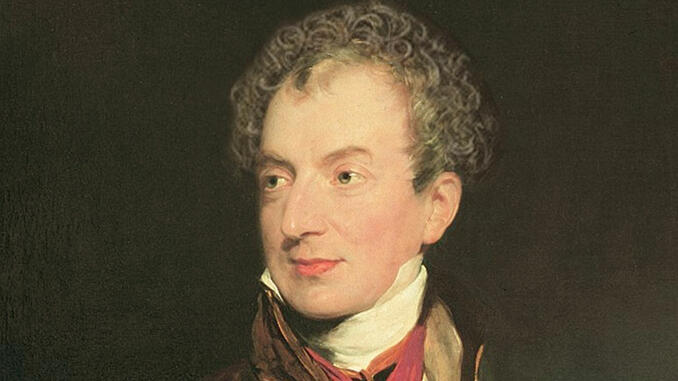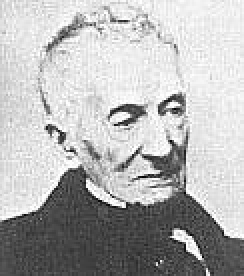
Klemens von Metternich was one of Europe’s most conservative statesmen in a time when Napoleonic liberalism was putting Europe through upheaval. The Europe Metternich envisioned to replace the turmoil of his time was one of a congress-styled international architecture that would bring stability, peace, and harmony to a continent of rivaling powers. That architecture, once it was achieved in the form of the Congress of Vienna in 1814, became known as the “Metternich System,” a term he himself disliked. He referred to the term as a “fausse dénomination” and preferred to describe it as “not a system but the application of the laws that rule the world.”
During the time of Metternich, the Austrian Empire was on the decline as a European power. Austria could not afford to allow itself to appear weak. Nor could it afford to build and maintain an army with so many rivaling powers around her—rivals that had large armies. Diplomacy was Austria’s only means for survival. The only course of action was “to spin a web of moral restraint to forestall a test of strength” as Henry Kissinger puts it his book A World Restored. That is exactly what Metternich did, and is exactly what he achieved.
Metternich hosted the Vienna Congress, and once the major powers of Europe came together—Austria, Britain, France, and Russia—they came to a consensus on three basic principles of European order. Those three principals were compensation for having to fight Napoleon’s armies, restoration of the ruling families that were dethroned by Napoleon, and the implementation of a balance of power keeping any one country from dominating the continent. Those principals, when upheld and defended, kept Europe in relative peace for almost 100 years.

After Metternich died, his successors were unable to stay true to the principals agreed upon in the Congress of Vienna. Germany began to make progress towards unification and eventually did so under Bismarck’s genius—upsetting the balance of power of Europe. This, in time, led to two world wars and consequentially the Cold War.
Henry Kissinger, quite possibly the closest thing to a modern day Metternich, took the lessons of Metternich and the Congress of Vienna and furthered. He wrote in his 1957 classic A World Restored, “Whenever peace—conceived as the avoidance of war—has been the primary objective of a power or group of powers, the international system has been at the mercy of the most ruthless member of the international community. Whenever the international order has acknowledged that certain principles could not be compromised even for the sake of peace, stability based on an equilibrium of forces was at least conceivable.”
Metternich’s legacy waxes and wanes reaching low points in praise and popularity during times when nationalistic tendencies rise. Today, we see the international system that has slowly been built over time being challenged by the rise of nationalism. The success of the Brexit campaign and the rise of Trump to the American presidency have challenged basic precepts of the international system—the soundness of the European Union and NATO. The latter being particularly alarming due to Russia’s invasion of the Ukraine and annexation of Crimea which is directly challenging the established balance of power in Europe.
It is now more and more fashionable to disregard the legacy of Klemens von Metternich and the lessons of the Congress of Vienna. However, these are the times Metternich and the lessons of 1814 are the most relevant and prescience.
